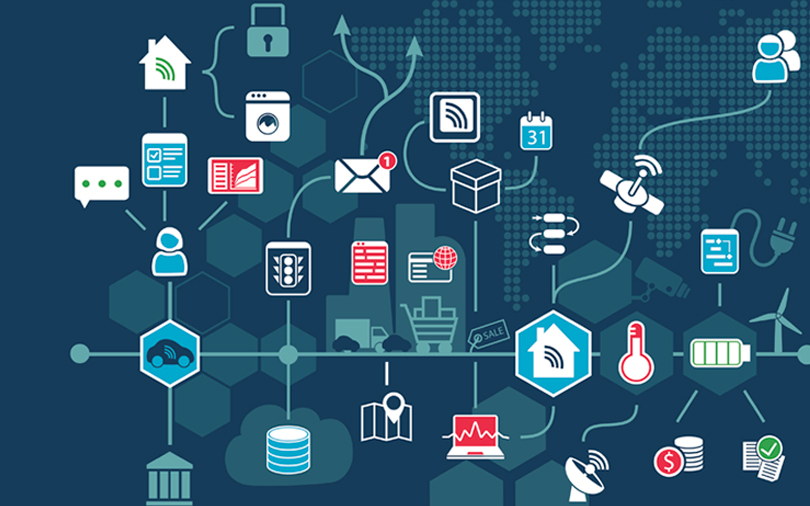
Beyond bitcoin: How blockchain can help secure IoT devices


Blockchain can stave off security threats to Internet-enabled devices by providing a distributed ledger for their functioning, thereby eliminating the central node that networks usually depend on for management by their users, say experts.
"The advantage of using blockchain technology is that the hacker group has to hack all the nodes in the chain together at the same precise time, which is quite frankly impossible to achieve in terms of accuracy, making the technology very secure," Dr Kartik V Hegadekatti, a blockchain advocate and south-western divisional commercial manager of Indian Railways, said.
He further explained that a regular Internet of Things (IoT) network consists of devices depending on the central node, which once compromised, weakens the entire network.

Using blockchain, the data of these networks can be protected or made secure with "five digital security primitives: availability, auditability, accountability, integrity and confidentiality,” he added.
Blockchain technology uses cryptographic tools to create an open and decentralised body of data, which can include banking transactions and the like. The data record can be verified by anyone involved in the transaction and can be tracked via a secure network.
Blockchain has been most prominently used for cryptocurrency transactions including bitcoin.

Echoing Hegadekatti Joseph Pindar, director for strategy for technology at digital security company Gemalto and co-founder of non-profit group Trusted IoT Alliance, said that blockchain can reduce the risk posed to IoT devices by eliminating the need for a central or authority node.
Pindar, in an interview with Tech Target's Computer Weekly, suggested that once blockchain is applied, the IoT devices network might be given a group consensus on allowing certain activities or to quarantine a node or device that acts unusually.
Explaining the concept, Pindar said that data is always accessible in blockchain though stored in many nodes. But any action to change the data will require permission. Also, the distributed ledger will need digital signatures for all changes, giving the data integrity.

Data is king
All companies are looking to collect as much data from their clients as possible. This includes data collected from millions of devices going online every day, collectively called Internet of Things or IoT.
According to a report by ResearchAndMarkets.com, tens of billions of Smart Objects will be web-enabled with IP (Internet Protocol) addresses by 2027. However, these devices will be very susceptible to security hacks because of their networks' dependency on a central node or authority, a classic example being an attack in Mirai botnet in 2016 that compromised at least 100,000 devices.
On the investment front, a new report from market research firm IDC says global spending on blockchain solutions is expected to reach $2.1 billion (Rs 13,350 crore) in 2018, more than double the $945 million spent in 2017.
